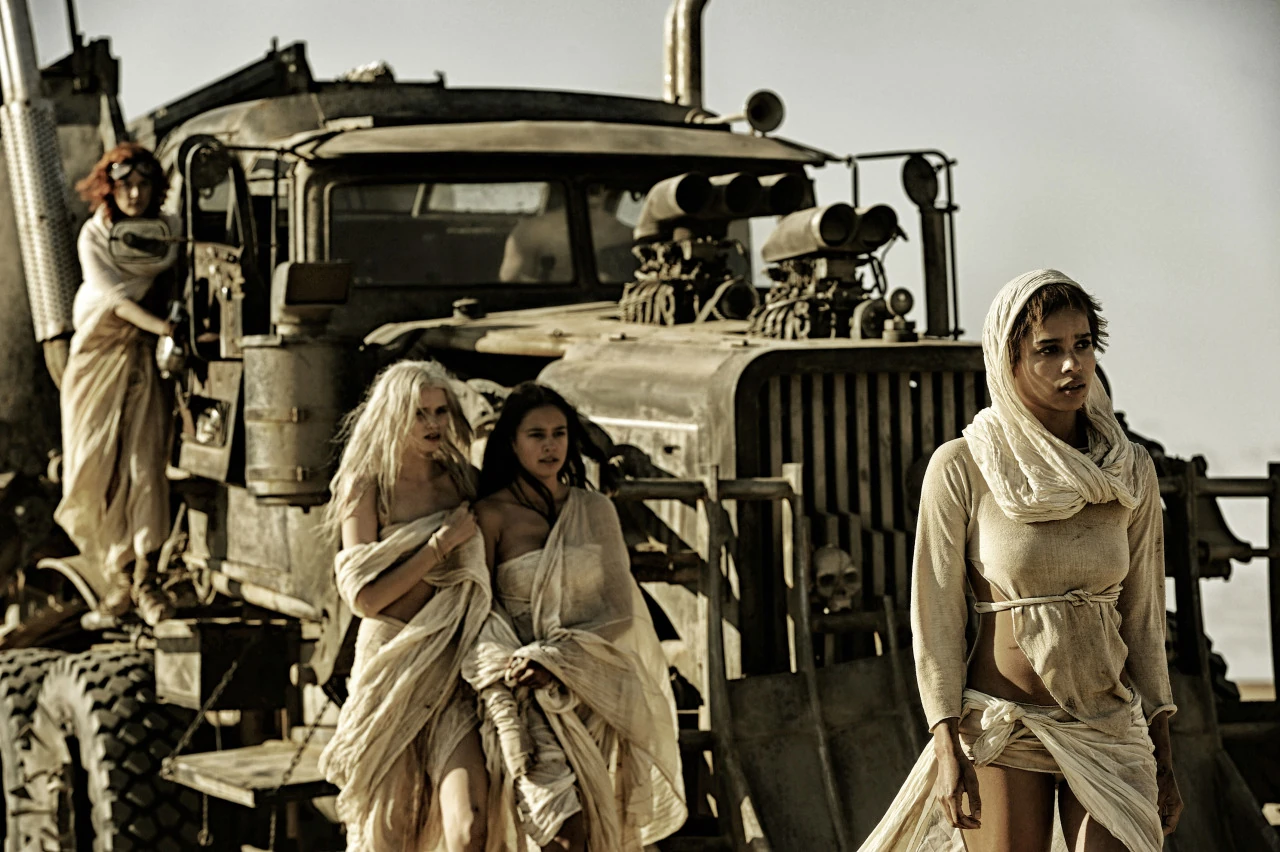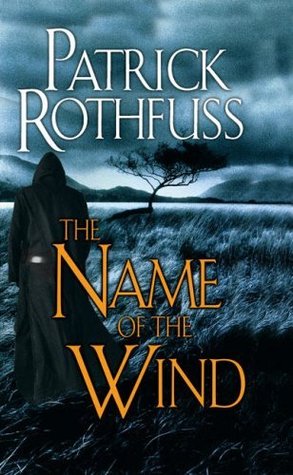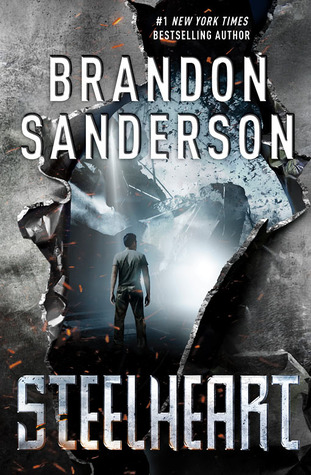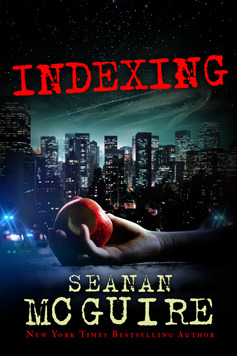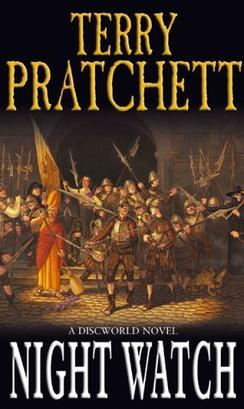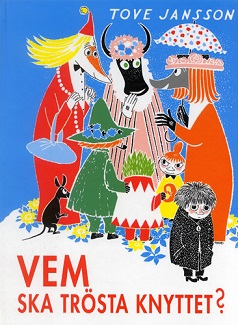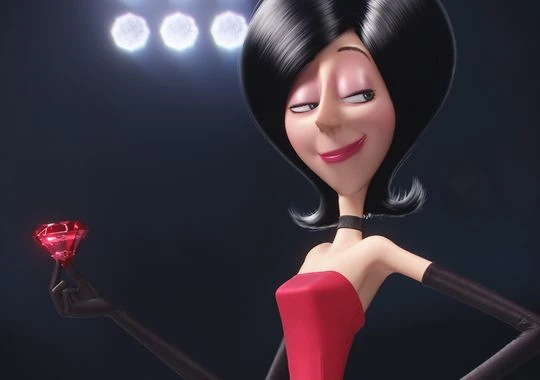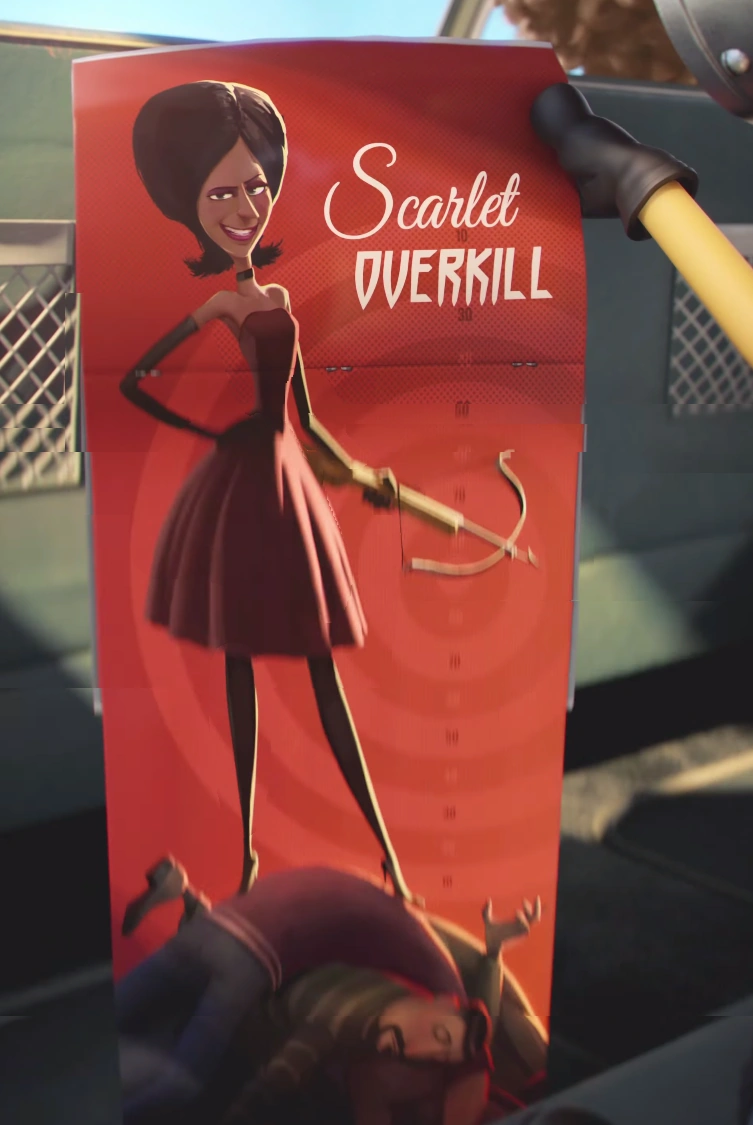It's NaNoWriMo time again. I am rewriting a novel whose first draft I started in April's NaNoWriMo and finished sometime around Midsummer. While there were definitely elements in there I really liked, the plot ended up being kind of a mess, the characters being illogical, and the settings unsatisfying. So pretty much everything goes into the rewrite bin and NaNoWriMo is perfect to help with getting that done!
All this being said, here is the first page or so of my second seriously written novel, The Avatar Legacy.
---
Victoria Bleedwell wasn’t the first corpse Miki had seen, nor was she even the first corpse of a friend and crewmate. Victoria’s wasn’t even the worst she’d seen. But as she stepped fully into the chill of the medical bay currently housing Victoria’s body Miki promised herself that Victoria’s would be the last corpse she would ever see.
Victoria’s nanocolony swarmed over her body, visibly making the remainders of her clothes shift. They were looking for something to fix, just as their programming directed them to. There was nothing wrong with Victoria anymore. Beyond her being dead.
Miki cupped Victoria’s cheek.
“I’m sorry,” she said.
She half expected Victoria to grin and wink at her like she had so many times. When nothing happened, Miki took her hand away and squeezed it into a fist. No room for sentimentality. Not in this life, or this home.
She walked around the table, keeping her eyes off the body. She pushed a wall cabinet open and grabbed a habitat container. She turned to another cabinet and added some feed into the habitat before turning back to the body to coax the colony inside the habitat. They would need to be fed by something and Victoria was no longer producing new skin cells to create dead ones. Miki had once seen what a colony could do to a body when left to sit too long and she wasn’t eager to try that again.
The colony moved into the habitat in waves and soon Miki had to brace the container against the operation table to make sure she didn’t drop it. The colonies always weighed more than she expected them to.
Once no more visible waves were forthcoming, Miki took the container away and sealed it. It would automatically maintain a suitable environment to keep the colony relatively active while also lowering their mobility to the point that they wouldn’t burn out before they were applied to someone else.















